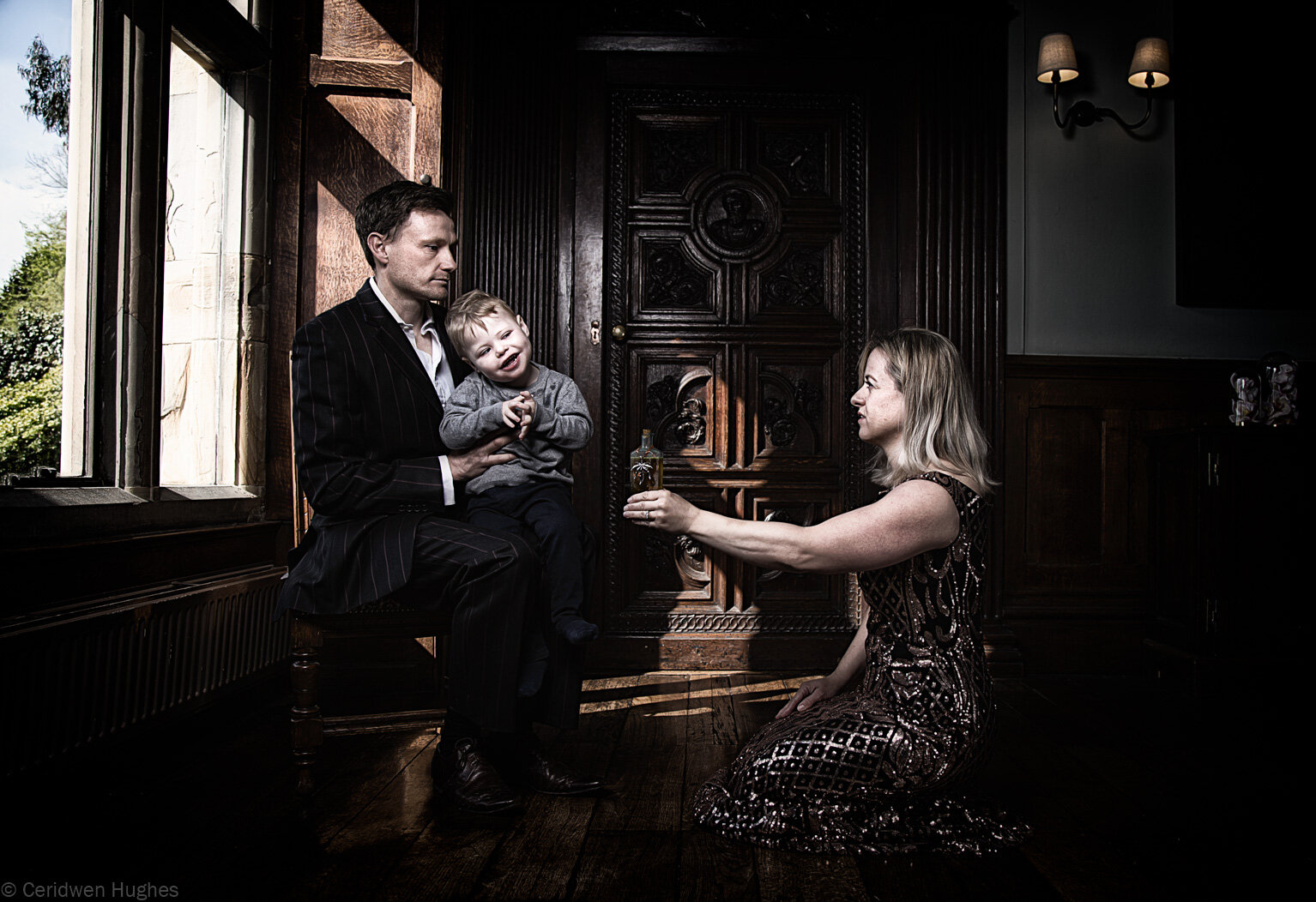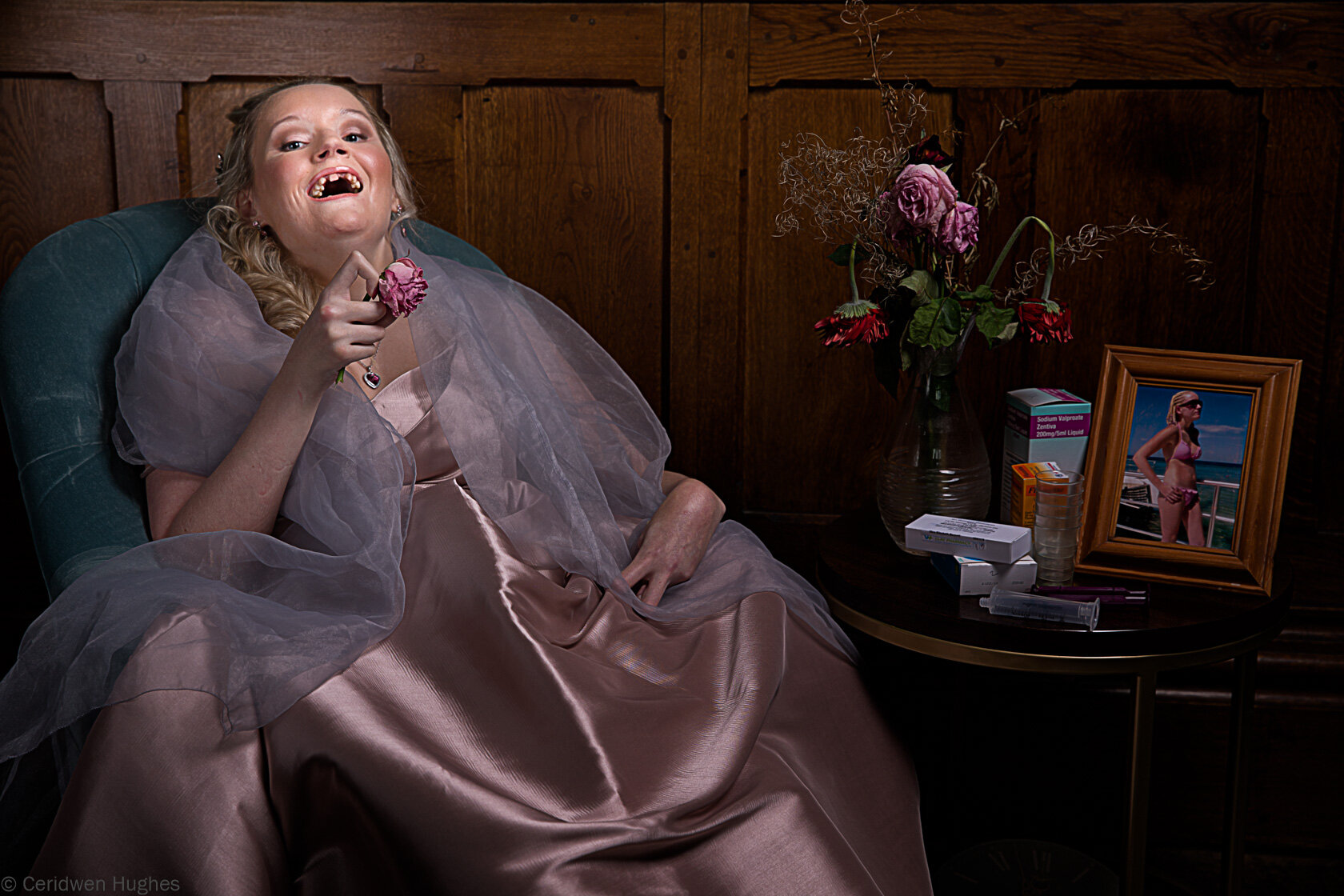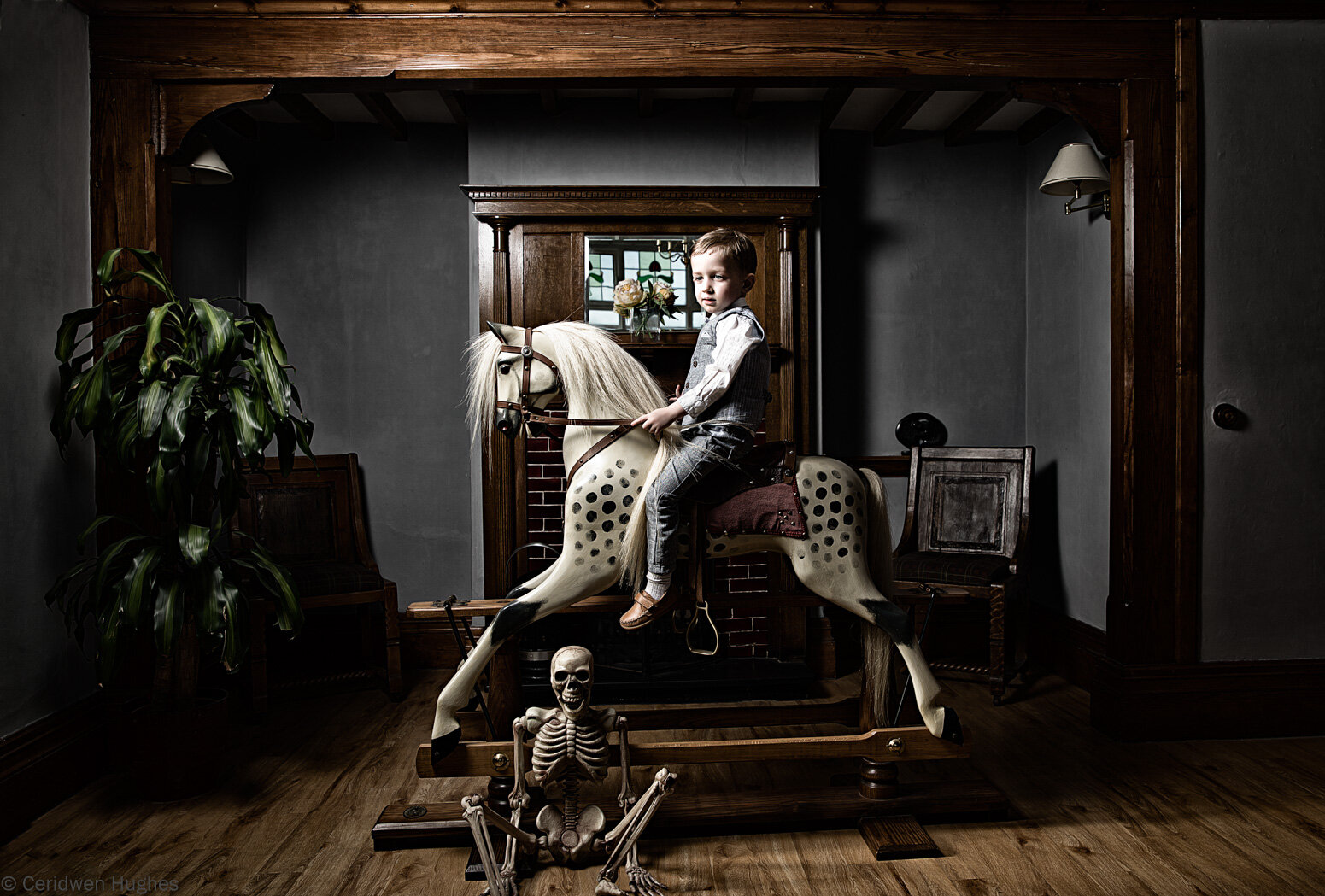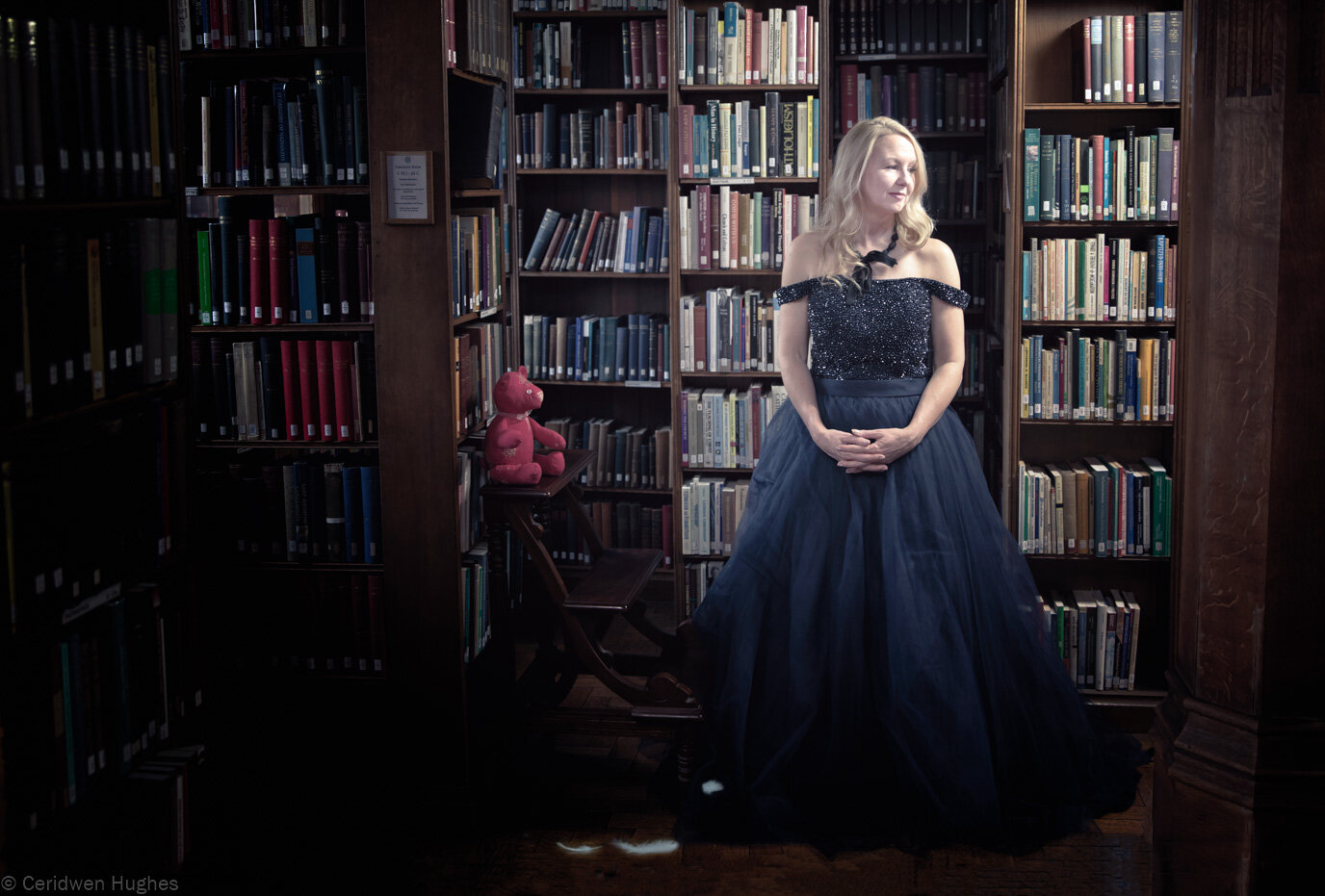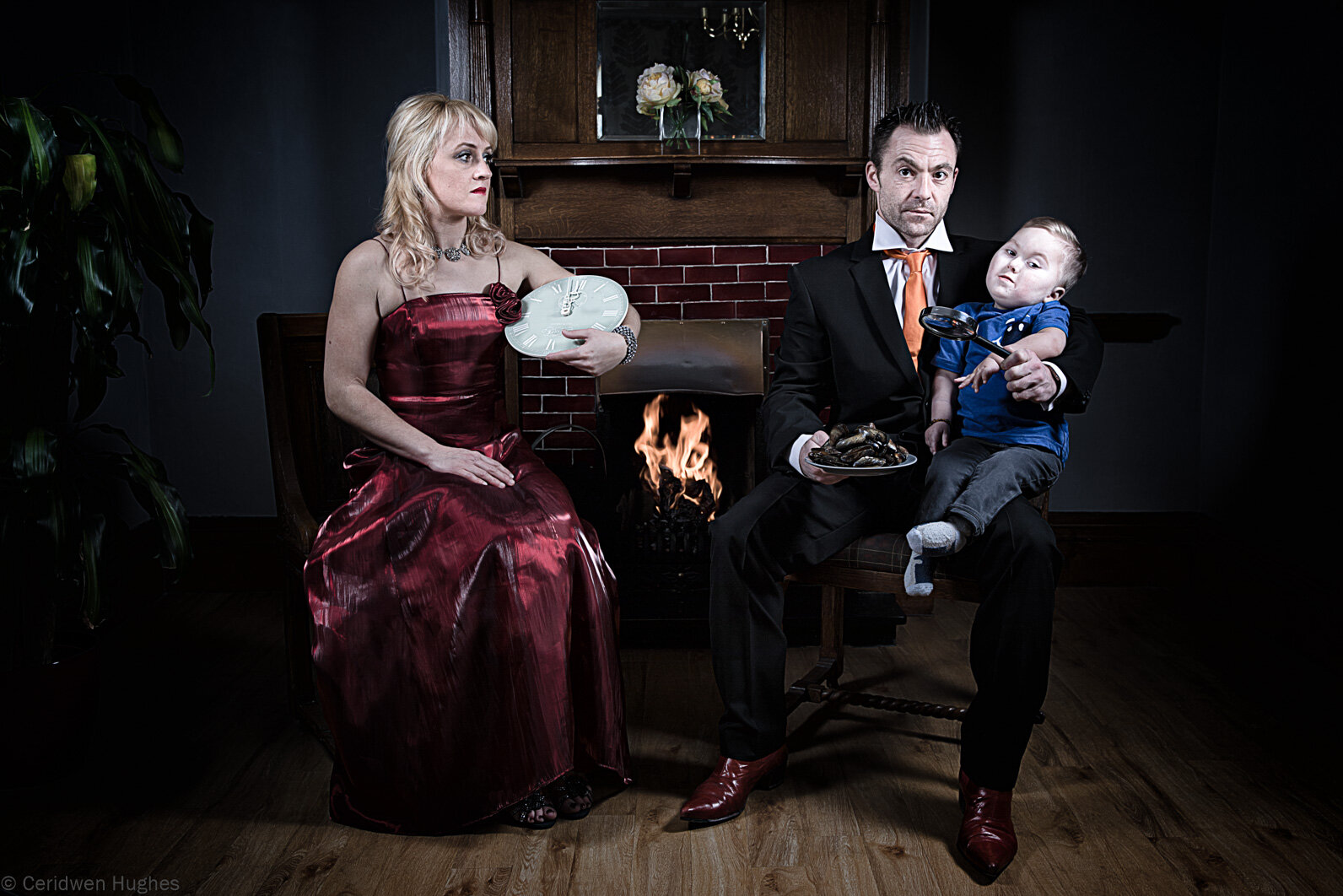Maddox
“We feel really lucky that we were in the right place at the right time and we had access to the drug for Maddox because without it he would not be here now.”
Maddox has a rare genetic disorder, which is a perinatal form of Hypophosphotasia (hpp).
"When Maddox was born we all noticed different things about him that weren’t what we were expecting. I noticed that his legs were bowed and my mum noticed his breathing. The nurses and doctors reassured us that he was fine and we were discharged home. He struggled to feed very well and then he had a bloody vomit and we were sent back to hospital. He was diagnosed at a week and a half old because of his failure to thrive. He ended up on a feeding tube with oxygen. They were really worried about him because he was getting really sick and they googled low alkaline phosphatase and low bone density after lots of tests and came up with his condition.
Initially they were preparing us for bad news and they spoke about palliative care. We were fortunate that one of the consultants did lots of research and identified a drug trial for the condition.”
“Initially they were preparing us for bad news and they spoke about palliative care. We were fortunate that one of the consultants did lots of research and identified a drug trial for the condition.”
“We had no idea what to expect and there was very little information at our original hospital. They printed off some research documents and showed them to us. We weren’t very hopeful but it was our only chance really. It was either that or palliative care.
We had to travel to Birmingham were told to expect to stay for at least six months, so we kind of prepared ourselves for a year. I moved up with Maddox but Lewis, Maddox’s dad, had to carry on working so he stayed in Portsmouth and would visit at weekends.
I was really lucky because I had lots of friends who were nurses and worked shifts so they were able to come and visit me, and family took it in turns to come up. I also spent time with the chaplains and got to know our team of nurses and doctors really well. It was really difficult. I felt I was missing out, particularly when the weather started to get better. I just wanted to get outside and we were stuck indoors. I remember one day we were planning to go for a walk outside and I was really excited but Maddox caught an infection or something so I was so disappointed.
We were very lucky with the drug trial as we noticed changes in Maddox after a few weeks. He started to get stronger. They took him off his pressure oxygen and we moved from intensive care to high dependency. He just improved continuously and did really well. He was late with sitting up and walking and crawling and that kind of thing but he caught up eventually.
HPP is a condition which affects bones so the people affected by HPP don’t process minerals in the same way as we do. They don’t retain calcium from the minerals that we need to grow bone.We’re in the process of registering the charity Soft Bones UK. It is for people affected by Hypophosphatasia, particularly new families, that have just been diagnosed. We provide signposting to health professionals and just to give them information that they need and support.
It’s so important that we raise awareness of rare disease as a whole, but particularly for us, Hypophosphatasia is an ultra rare disease because if people don’t know about it, these children might not make it.Ruby, our daughter, is a carrier and think that I have mild affects. I’ve broken my arm 3 times and the dentist told me I’ve got weak teeth. I presume that as I grow older I’ll probably start seeing more and more effects of the condition.”
“We had no idea what to expect and there was very little information at our original hospital. They printed off some research documents and showed them to us. We weren’t very hopeful but it was our only chance really. It was either that or palliative care.”
“We couldn’t believe as a family that there was even a study going on about such a rare condition as Hypophosphatasia. We feel really lucky that we were in the right place at the right time and we had access to the drug for Maddox because without it, he wouldn’t be here now."
What causes Hypophosphatasia?
Hypophosphatasia (hypo-fahs-fuh-tay-shuh) or HPP is a metabolic bone condition that most often affects the development of bones and teeth. The signs and symptoms vary widely, with mild cases causing only dental abnormalities while the more severe types have life-threatening consequences. The hallmark of the disorder is bones that become soft or weakened, causing skeletal deformities, fractures, premature tooth loss and pain.
A faulty gene (the TNSALP or ALPL gene) is the cause of HPP. This defective gene limits the body’s production of an enzyme called alkaline phosphatase (ALP). Healthy bones are made strong and rigid when minerals, like calcium and phosphorus, are added to the bones through a process called mineralization. Without enough ALP, certain chemicals build up and prevent calcium and phosphorus from binding together and depositing in the bones, leading the bones to be soft, curved and fragile and teeth to become loose or fall out prematurely.
The affected gene can be passed from generation to generation, but it is possible for people to carry the gene and not exhibit any symptoms.
For more information you can visit www.softbonesuk.co.uk.
VIEW THE OTHER STORIES IN THE BEAUTY OF RARE EXHIBITION
If you wish to discuss this project or reproduce any images or story, please contact ceri@samebutdifferentcic.org.uk. The photographer on this project is Ceridwen Hughes (www.ceridwenhughes.com)





